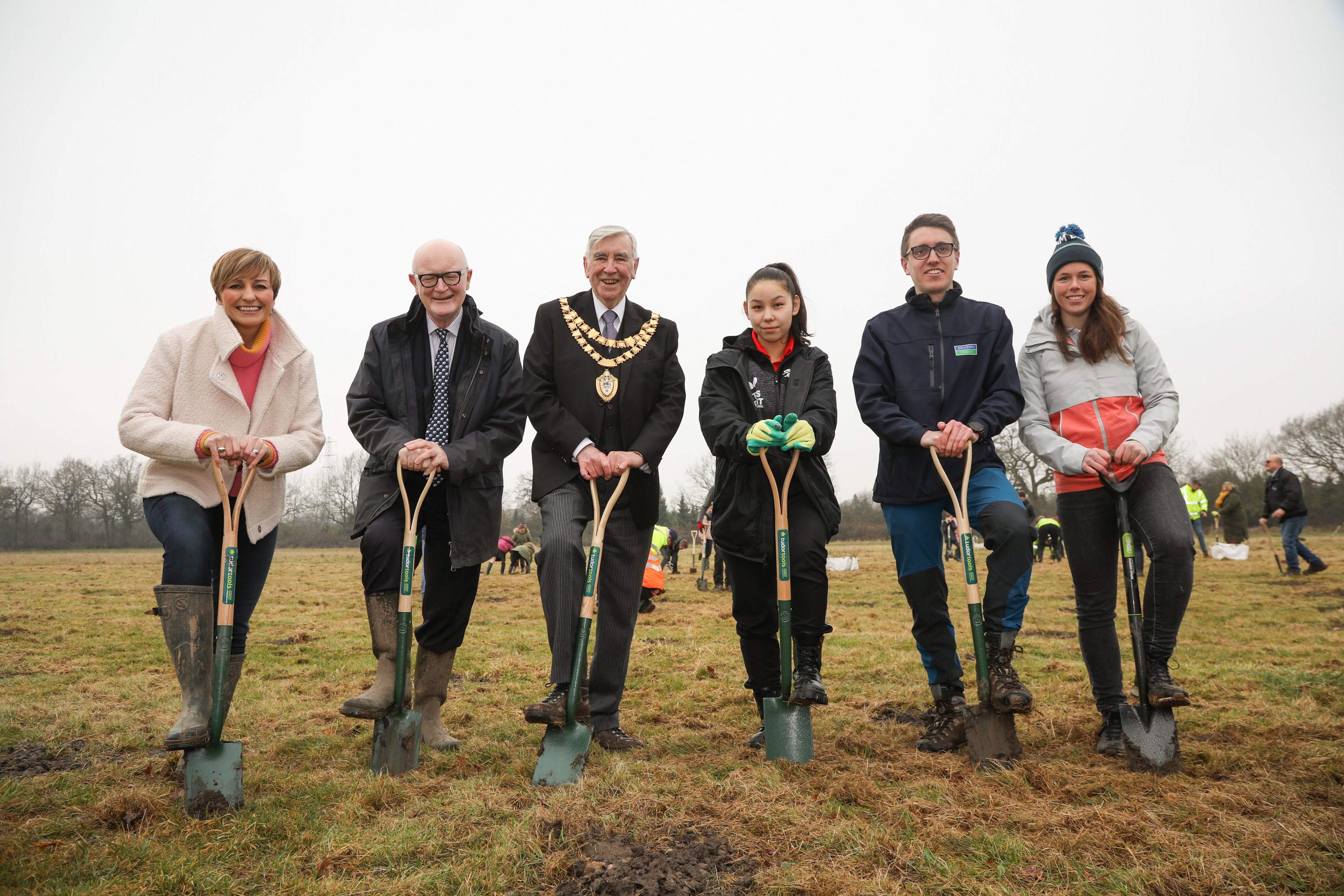

Let’s first stop and think about the context of these Games. Right now there is a heat wave in Europe causing wildfires from Spain and France in the west, through to Greece in the east. Plus, the United Kingdom has been experiencing temperatures of 40degC, which is unprecedented.
To continue with business as usual in such extraordinary times would be incongruous. This Games needed to be clear about sustainability and climate change in order for there to be any future.
This then leads to the questions: how do we meet as a global community for things such as sporting competitions, conferences, concerts and other such events that require travel, infrastructure and resources? How do we, as a society, continue to create shared common experiences in a low-carbon economy?
There is no easy answer or solution to these questions.
The Commonwealth Games in Birmingham is providing some insight into balancing carbon emissions against the desire to connect as human beings and have shared experiences.
Carbon neutrality is a state where emissions are usually reduced and then any extra emissions that cannot be reduced are offset in order for the result to be zero extra carbon emissions into the atmosphere. It is contentious due to the debate around offsetting as a carbon reduction alternative.
The first step has been for the organising committee of the Games to consider "hotspots", as they have termed them, and create alternatives for the reduction of carbon emissions overall. According to the Games website, the following activities are being encouraged:
• Encouraging the use of public transport for spectators.
• Re-using existing venues (14 out of 16 of the venues were pre-existing).
• Using electric and hydrogen buses for athletes.
• Trying to use grid power for the venues as opposed to diesel generators, which have been used in the past, and using green technology where possible.
• Focusing on local where possible - particularly in relation to the sourcing of food.
• Reducing new materials and therefore resources with an emphasis on single-use plastics.
Then the emissions that cannot be reduced are being offset.
To offset, the Games have developed a partnership with water company Severn Trent. The primary means to offset the emissions will involve planting 2022 acres (818ha) of forest across the Midlands regions of England. This long-term planting is expected to sequester 240,000 tonnes of carbon dioxide over 35 years. The rest of the emissions will be offset through the voluntary carbon market.
The forestry offsetting is using the UK Woodland Carbon Code, and assumes the forest will be permanent. In partnership with Severn Trent, the Games organisers plan to engage an independent overseer to manage the forestry in perpetuity.
The voluntary carbon market has less certainty in this situation and is being used for any emissions above what will be sequestered through the legacy forestry project. The carbon credits bought through this system will follow international best practice and the Games have required that any of their suppliers that have committed to offsetting use the Games’ standards as well.
What are the outcomes of these actions? First, the global Commonwealth community still meets for a wondrous occasion of sporting prowess. Plus, a forest is planted in England. The carbon emissions from the main operations of the Games have been managed and offset.
This is a step in the right direction and signals to any such future events that operations as usual are no longer acceptable. For example, re-using the existing infrastructure is a major shift. The embodied carbon in building large stadiums for every Games is large, then there is the financial cost to the community for such infrastructure. Re-using existing infrastructure as a criteria for any future games should follow the precedent set by these Games.
The larger question at play here is about the society we want to create now and for future generations.
How do we manage human endeavours now and into the future? How do we maintain our connectivity while managing the impact on the planet and the local host communities?
The Birmingham Games are a step in this direction but we still have a giant leap to go to manage global events within our planetary boundaries.
- Sara Walton is an Associate Professor of Sustainability and Business at the Otago Business School, University of Otago. Each week in this column, one of a panel of writers addresses issues of sustainability.












